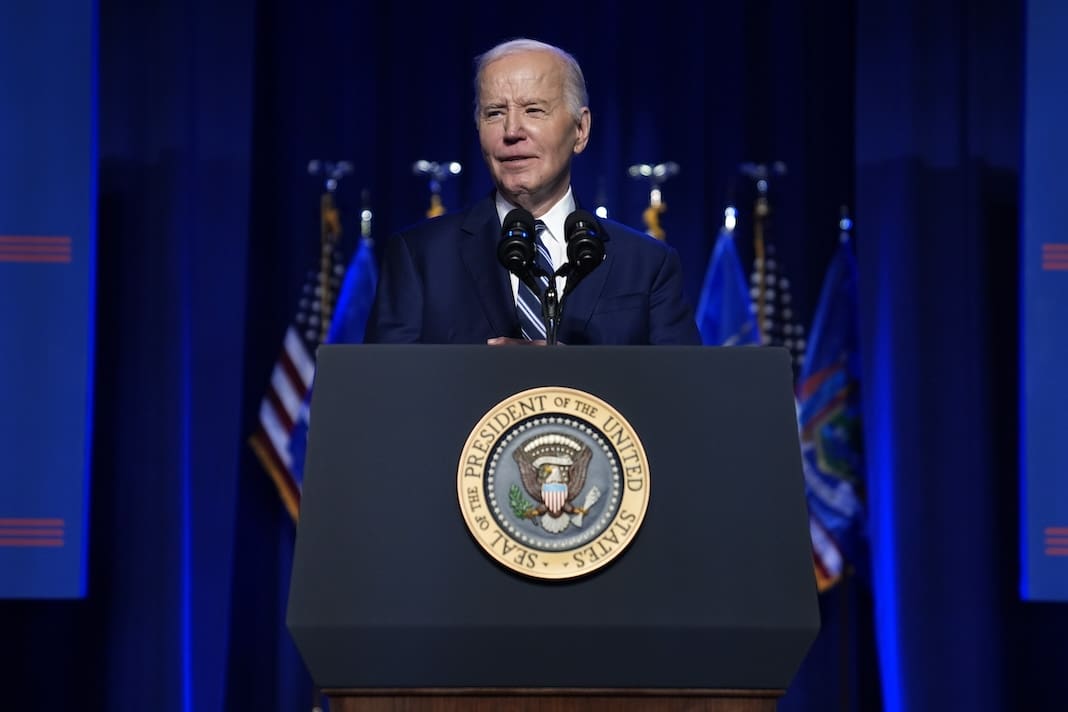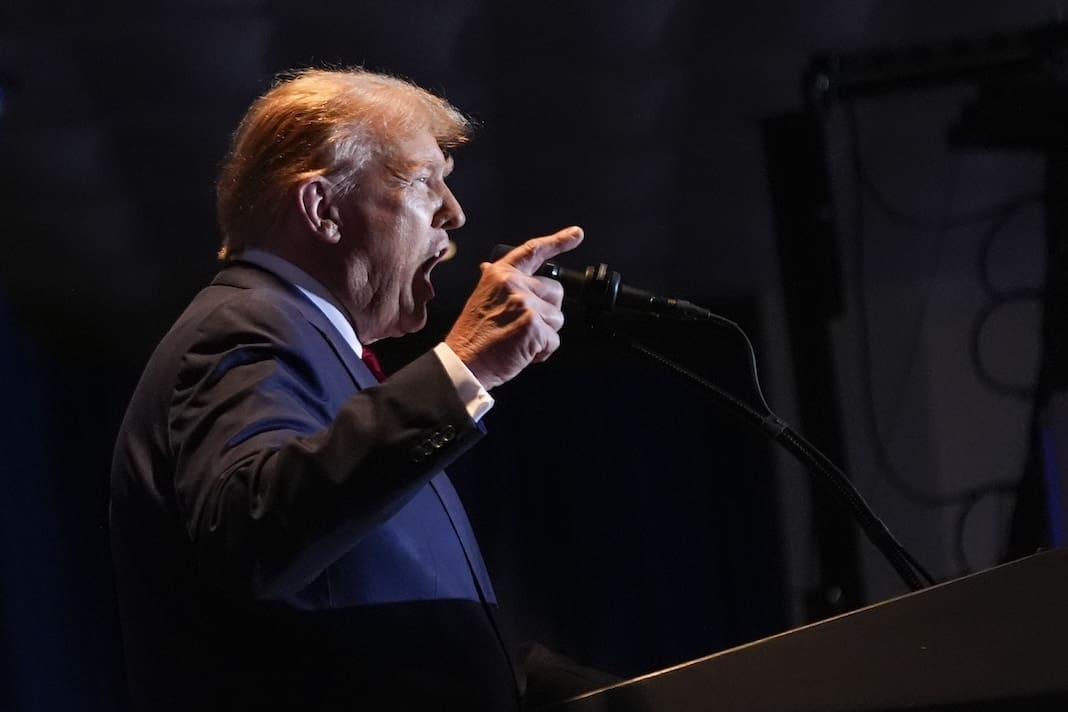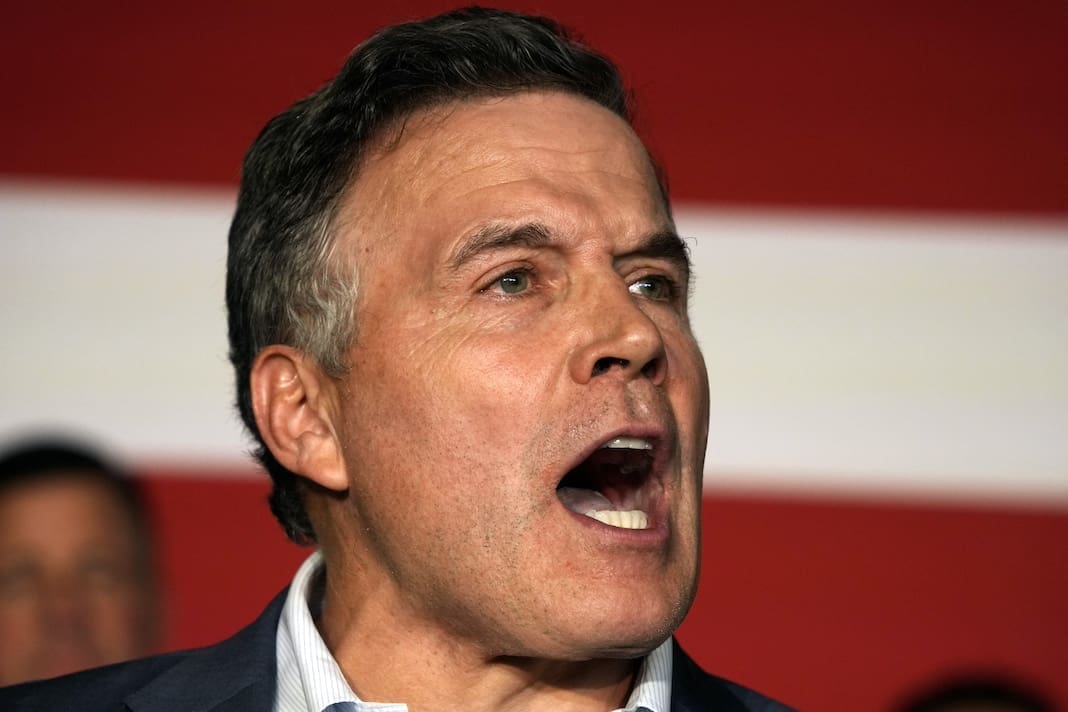Biden budget offers tax cuts, expanded health care for middle-class families
Pennsylvania Republicans in Congress backed a 2017 law that cut taxes for the wealthy.

On March 11, President Joe Biden released his budget proposal for fiscal year 2025, which is focused on cutting taxes for middle-class families and expanding access to health care.
The Biden administration has proposed restoring the now-expired child tax credit that was a part of the 2021 American Rescue Plan and that would lower taxes for an estimated 39 million families. When the tax credit was in place in 2021, the rate of child poverty in the United States reached a historic low of 5.2%, only to rise to 12.4% the next year after the credit went away.
Biden has also proposed expanding the Earned Income Tax Credit for families without a child in the home, which the White House said would lower taxes for 19 million people.
The budget also calls for expanding the government’s power to negotiate prescription drug prices, making tax credits for health care coverage permanent, and providing Medicaid-style coverage for residents of states that have not adopted Medicaid expansion as laid out in the Affordable Care Act, or Obamacare.
To provide revenue, the budget would increase the tax rate for corporations from the current level of 28% to 35% and increase taxes for high-income individuals, those making over $400,000 a year individually.
At an event in Goffstown, New Hampshire, on the day the budget proposal was released, Biden explained his reasoning behind raising taxes for billionaires. Biden noted that if the rate of taxation was increased to 25% for those earners, it would generate $400 billion dollars per year in revenue.
“Imagine what we could do, from cutting the deficit to providing for childcare, to providing healthcare, to continue to provide our military with all they need,” Biden said, according to a White House transcript of his remarks.
The White House has contrasted Biden’s approach with the Tax Cuts and Jobs Act that former President Donald Trump signed into law in 2017. That legislation significantly cut taxes for wealthy individuals and large corporations, but failed to stimulate economic growth to the levels Trump had promised when he first ran for office.
The Tax Cuts and Jobs Act received the unanimous support of Republicans in Pennsylvania’s congressional delegation, while Democratic members opposed the bill.
Pennsylvania Rep. Guy Reschenthaler, who was not in Congress at the time of the bill’s original passage, gave a speech in the House in January calling for an extension of the Trump tax cuts.
“I urge Congress and the Administration to recognize the opportunity before us. Restoring these provisions can strengthen the U.S. economy, help create new American jobs, and increase our nation’s competitiveness,” he said.
Nine out of 13 Pennsylvania Republicans in the House also backed Trump’s failed 2017 effort to repeal the Affordable Care Act. In November 2023, while campaigning for the Republican presidential nomination, Trump said that in a second term he would renew his effort to repeal the law.In his March 7 State of the Union address, Biden said: “My predecessor and many in this chamber want to take that protection away by repealing the Affordable Care Act. I won’t let that happen. We stopped you 50 times before and we will stop you again.”




